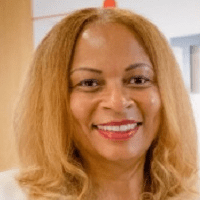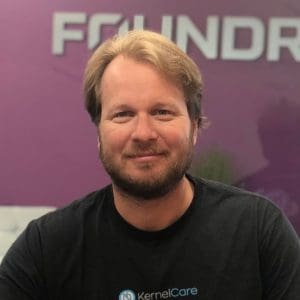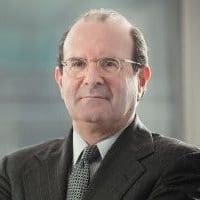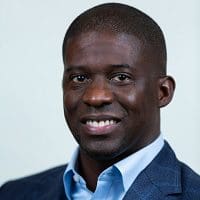
Prof. Natalia Trayanova and her team at John Hopkins University are building so-called “digital twins” — or computational models — that can advance treatment of cardiac conditions and cancers, helping doctors determine patient responses before even starting treatments.
Each computational model of a heart mirrors the one in a real patient with a potentially fatal arrhythmia, an irregular heartbeat that is often a result of scarring from heart attacks or other conditions, The Wall Street Journal recently reported.
“You can watch it on the screen,” said Trayanova, a professor in the department of biomedical engineering at Johns Hopkins. “We want to know how to treat the patient in the most optimal way.”
Cardiac, Cancer Treatments Ahead
Like a crash-test dummy, a digital twin could be used to test drugs and conduct trials without harming the actual patient, the Journal said, adding: “A digital twin of a heart could allow surgeons to visualize the procedure and the patient’s specific vessels before an operation.”
In a recent paper in the academic publication Nature, Trayanova, who is leading a clinical trial using these digital twins, and three other researchers presented an overview of the state-of-the-art in medical digital-twin development, “especially in oncology and cardiology, where it is most advanced.”
Obama Push
The researchers credited recent advances in development of digital twins to President Obama, who announced his “precision medicine” initiative during the 2015 State of the Union address. Obama established a working group to implement the program and called for an unprecedented effort to collect data on a million patients to bring the United States closer to an era where medical treatment can be tailored to each individual patient.
The global digital-twins healthcare market was valued at $1.6 billion in 2023 and could reach $21.1 billion by 2028, the Journal said, citing a report by MarketsandMarkets.
Still, the path is difficult because the concept requires a lot of agreement and buy-in from various stakeholders, including data scientists, doctors, engineers and others, the Journal said.
“There is a lot of trust that needs to happen,” Dr. David Spragg, an associate professor of medicine at Johns Hopkins, said. Spragg, who specializes in cardiology and cardiac electrophysiology, is part of the team working on the clinical trial of digital twins for hearts.
Commercial Real Estate
MacKenzie Companies
Advertising / Media / Communications / Public Relations
Nevins & Associates
Financial Services / Investment Firms
Chesapeake Corporate Advisors
Commercial Real Estate
Monday Properties
Venture Capital
Blue Delta Capital Partners
Internet / Technology
Foxtrot Media
Trial Focuses on Arrythmia
The Johns Hopkins clinical trial focuses on heart arrhythmia. Using cardiac contrast-enhanced MRI images alongside artificial intelligence, the biomedical engineering team reconstructs a three-dimensional model of a patient’s heart. The 3-D version helps researchers examine the heart from various angles, simulate heartbeats, and even “poke and prod it by giving it small electrical signals here and there to see what happens with the heartbeat.”
Using the digital twin, the team can predict the possible locations of disordered rhythms and identify the best locations for ablation before the procedure is carried out, Trayanova told the Journal.




























